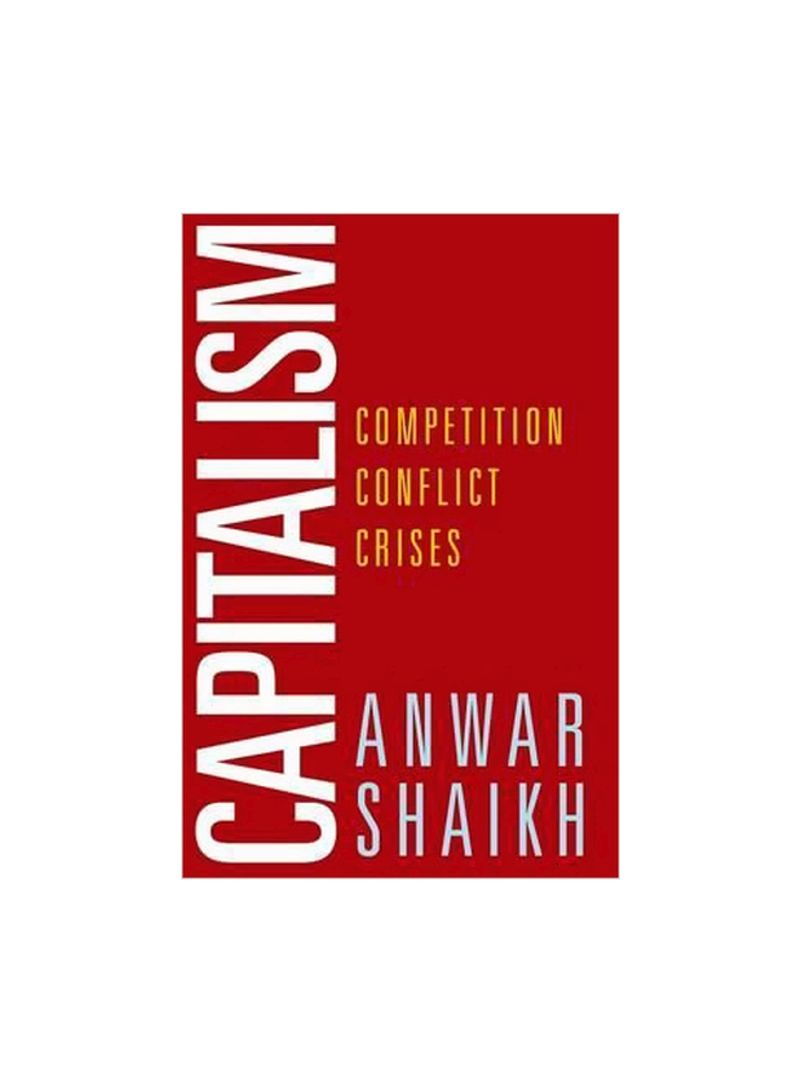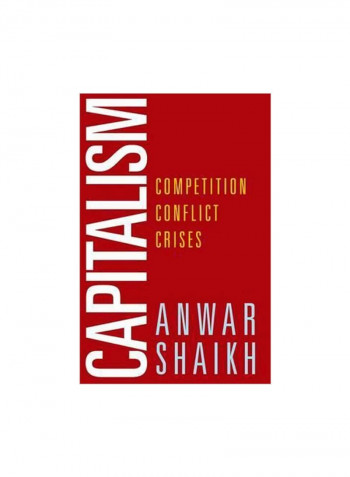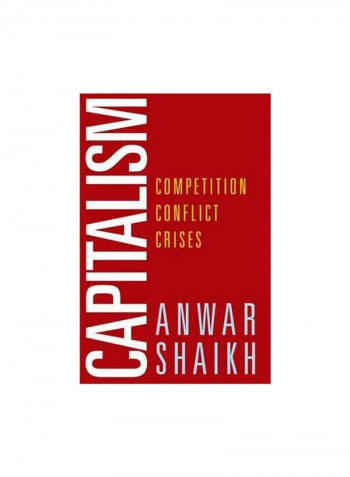Capitalism : Competition, Conflict, Crises Hardcover
Recommend
Sort by
Rating
Date
Specifications
Author 1
Anwar Shaikh
Book Description
Neoclassical economical theory uses aspects of perfect functioning of markets as part of its basic assumptions and introduces imperfections as analysis proceeds forward. Many types of heterodox economics insist on dealing with imperfect competition but project backwards to a previous perfect state. In Capitalism, Anwar Shaikh demonstrates that most of the central propositions of economic analysis can be derived without any reference to hyperrationality, optimization, perfect competition, perfect information, representative agents or so-called rational expectations. These include the laws of demand and supply, the determination of wage and profit rates, technological change, relative prices, interest rates, bond and equity prices, exchange rates, terms and balance of trade, growth, unemployment, inflation, and long booms culminating in recurrent general crises. In every case, Shaikh's theory is applied to modern empirical patterns and contrasted with neoclassical, Keynesian, and Post Keynesian approaches to the same issues. The object of analysis is the economics of capitalism, and economic thought on the subject is addressed in that light. This is how the classical economists, as well as Keynes and Kalecki, approached the issue. Anyone interested in capitalism and economics in general can gain a wealth of knowledge from this ground-breaking text.
Language
English
Publisher
Oxford University Press Inc
Publication Date
14 April 2016
Number of Pages
1024
About the Author
Anwar Shaikh is Professor of Economics at the Graduate Faculty of Political and Social Science of the New School University and Associate Editor of the Cambridge Journal of Economics. From 2000-2005, he was Senior Scholar and member of the Macro Modeling Team at the Levy Economics Institute of Bard College.
Editorial Review
This book is a remarkable achievement, and there is a great deal to be learned from it. * John E. King, The Economic and Labour Relations Review *



